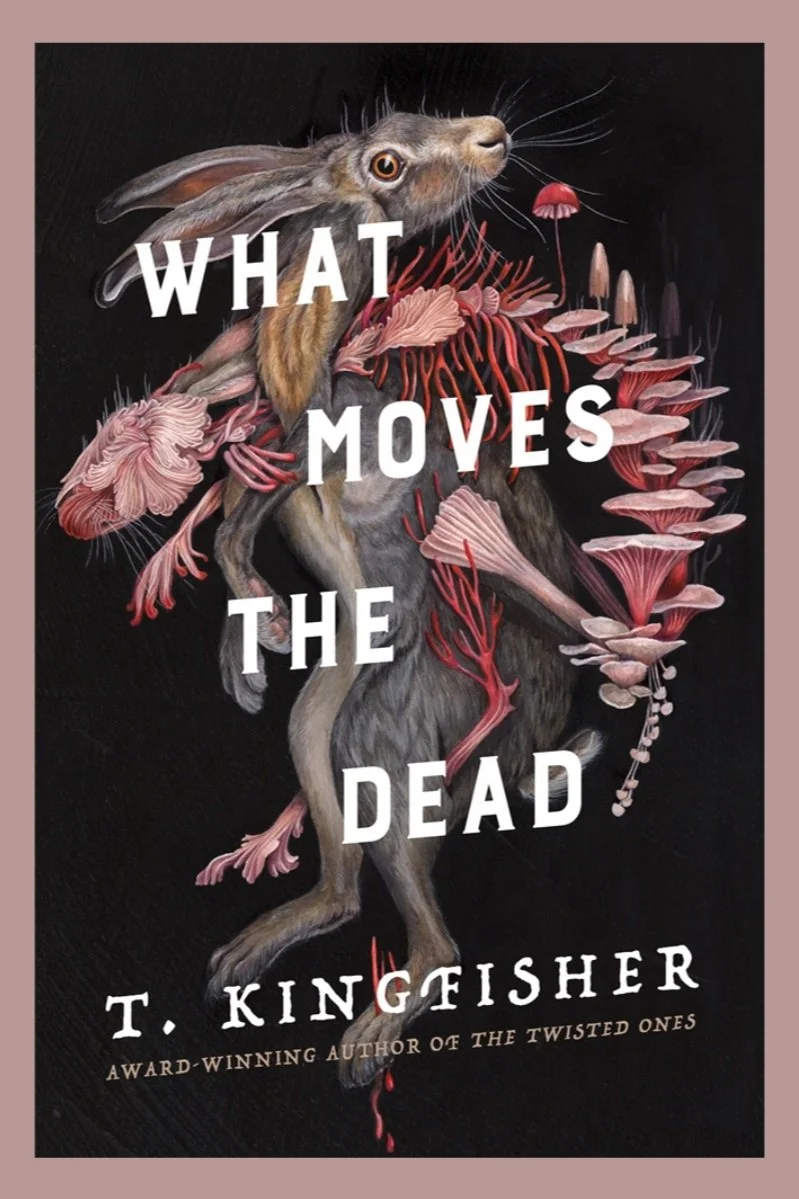It Came from the Closet: Queer Reflections on Horror – Joe Vallese
For a genre that often treats the queer experience as something to fear, it’s amazing that generations of LGBTQIA+ viewers have found comfort in horror films thanks to shared themes, like the monster within, unmasking and overcoming adversity.
This dichotomy is explored over 27 essays, where various queer writers dissect and debate the overt and obvious subtexts of both mainstream and art house fare with a mixture of analysis and theory.
Many of the essays veer into the personal, showing how important this genre is to out and proud queers of a certain age. I’m one of them.
Harboring an obsession with the original “Scream” trilogy that culminated with me writing a senior paper on Wes Craven’s contributions to cinema, wallpapering my walls with film posters and magazine clippings of the actors and attempting to film my own horror film (curiously titled “Summer Slaughter 2”) on a camcorder during spring break in 1998.
These films gave me a chance to connect with my peers in a way that allowed for avoidance and distraction. The sheer popularity of the movies meant it was always a safe topic for discussion, and if/when the topic of celebrity crushes came up, Rose McGowan or Neve Campbell were both acceptable alternatives to my real crush, Skeet Ulrich.
Of course, during my sheltered and deeply closeted teen years, I didn’t have the understanding or vocabulary to recognize queer coding in the films I was watching, so this re-examination of popular mainstays, like “The Birds,” “Jaws,” “The Wolfman” and “Candyman,” is ultimately what I found most interesting about “Closet.”
Now I can see that “Scream” had its own latent homosexuality with Matthew Lillard’s Stu possessing unrequited love for his best friend Billy (Ulrich) — a feeling that was painfully familiar to me — and that, in some way, may have been the subconscious spark that fueled my interest in this franchise. Two seemingly normal young men keep a dark secret from everyone but each other and it ultimately destroys them.
Joe Vallese, serving as both editor and essayist, amassed a diverse set of voices and films, and allowed his contributors free reign to examine, dissect, challenge and heal. It’s the type of hyper niche read that builds a sense of community.
Not all the essays are created equal, but the list below represents the best of the bunch:
“A Demon’s Guide to Life” by S. Trimble, examining “The Exorcist” — the author deconstructs the latent queerness of Father Karras and the male saviorism trope co-opted by evangelicalism. A great reminder of how our perception of art can shift over time.
“Both Ways” by Carmen Maria Machado, examining “Jennifer’s Body” — one of the most overtly queer films discussed, the author explores the gender politics at play during the film’s initial release and recent retrospections.
“My Hand on the Glass” by Bruce Owens Grimm, examining “Hereditary” — for a film I really didn’t care for, how the author paired its plot to his own coming out journey is a must read — and one of the most personal essays in the collection.
“Imprint” by Joe Vallese, examining “Grace” — I had never heard of this obscure infant zombie flick, but the author uses its plot to outline in gut-wrenching detail the many miscarriages he and his husband faced with their surrogate.
“The Same Kind of Monster” by Jonathan Robbins Lean, examining “The Leech Woman” — the author had me completely enthralled with this story of first discovering his “otherness” after watching a terrible B-movie on “Mystery Science Theater 3000.”
“Blood, Actually” by Grant Sutton, examining “Friday the 13th, Part II” — you could easily recommend this for the line, “Jason is the ultimate power top,” but it's the author’s humorous and heartfelt deconstruction of AIDS panic and the venerable 80s horror franchise that makes this the most compelling essay from start to finish.
“Black Body Snatchers” by Samuel Autman, examining “Get Out” — like the film itself, the author’s essay expertly keeps the reader off-balance.
“Long Nights in the Dark” by Richard Scott Larson, examining “Halloween” — a great mixture of applying a queer lens to non-queer film while also infusing personal anecdotes.
“Notes on Sleepaway Camp” by Viet Dinh — while I’ve never seen this movie, its frequent references in this collection lead me to believe it is one of the most problematic — for queer people — horror films ever created, but the author provides a few counterpoints to this narrative.
While I don’t think every contributor found the balance of tying lived experiences to the discussed film, there were still aspects within each essay I found relatable. If you were a horror-obsessed queer in the 80s or 90s, this is 100 percent a collection for you.
Finally, I tackled this as a hybrid read/listen with about a 50/50 split between the two formats. The audiobook — narrated by an assortment of both well-known and new performers — helped to move some of the slower essays along, but it was otherwise rather unremarkable. I’d stick to reading this one.
Rating (story): 4/5 stars
Rating (narration): 3/5 stars
Format: Hybrid read/listen (personal library and library loan)
Dates read: August 20 – September 10, 2023
Multi-tasking: Good to go, although ensure you can still pay attention to the ideas presented in each essay.





